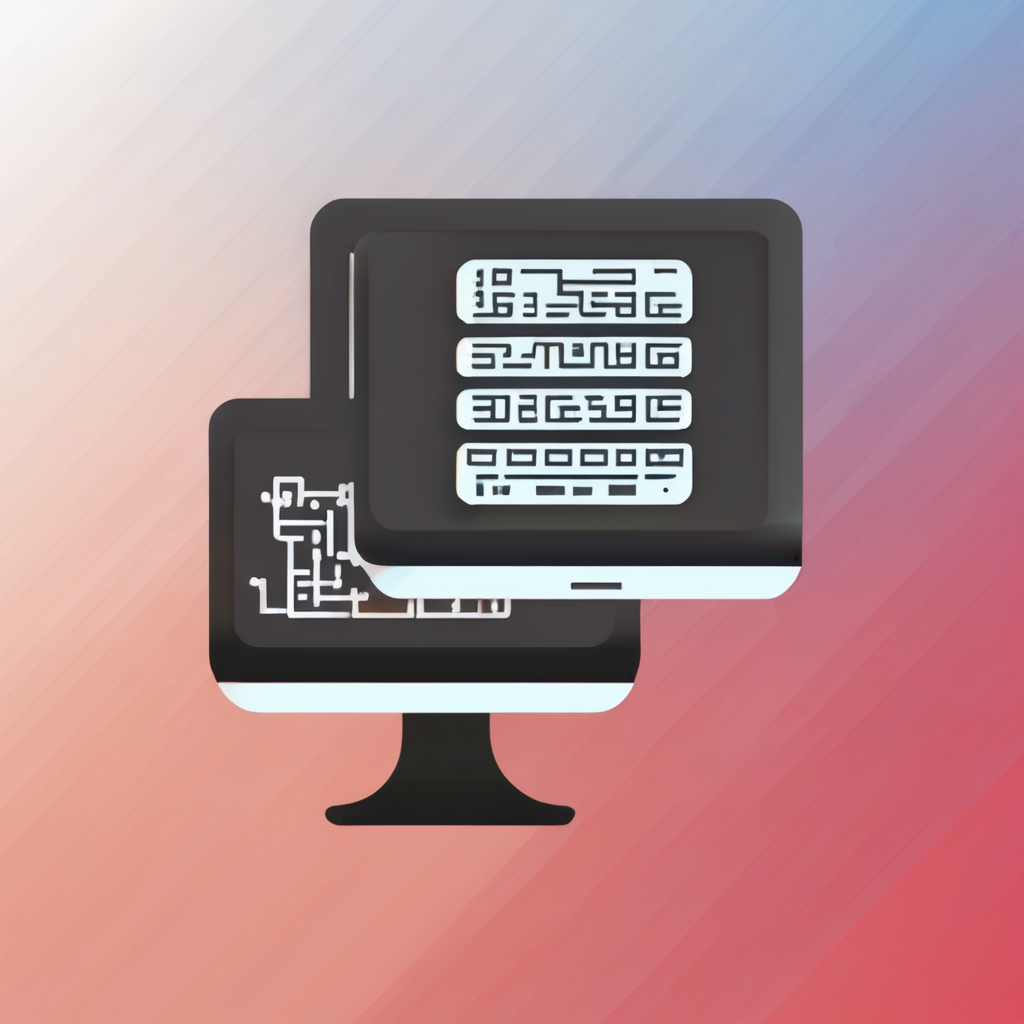Addressing Key Cybersecurity Threats in UK Gaming
Cybersecurity threats in the UK gaming industry have become increasingly sophisticated, posing significant challenges for developers and players alike. One primary cybersecurity threat is account takeover attacks, where cybercriminals exploit weak passwords or phishing tactics to gain unauthorized access. This leads to loss of personal data and in-game assets.
The UK gaming industry faces unique risks due to its rapid expansion and high player engagement. Online gaming risks such as Distributed Denial of Service (DDoS) attacks are commonly used to disrupt gameplay servers, damaging reputation and revenue. Additionally, exploitation of vulnerabilities in game code—often through injection attacks or unpatched software—allows cybercriminals to manipulate game environments or steal sensitive information.
In the same genre : How are UK video games shaping the future of interactive storytelling?
Common vulnerabilities targeted include insecure authentication mechanisms, outdated third-party libraries, and insufficient encryption. Developers in the UK must prioritize robust security measures, including multi-factor authentication and regular code audits, to mitigate these cyber threats. Understanding these specific risks empowers stakeholders in the UK gaming industry to safeguard their platforms effectively and maintain player trust.
Cybersecurity Strategies Employed by UK Game Developers
UK gaming studios prioritize game developer security practices to protect sensitive data and intellectual property. One of the primary measures is the implementation of multi-layer security protocols. This approach adds several defense layers, making it harder for cyber attackers to breach systems. These layers often combine firewalls, intrusion detection systems, and regular vulnerability assessments.
Also to discover : How do UK gaming companies enhance player engagement through storytelling?
Secure software development life cycles (SDLC) are integral to cybersecurity measures in UK game development. By embedding security at every stage—from design to deployment—studios can identify and mitigate risks early. This practice minimizes vulnerabilities common in game software, ensuring safer products without compromising performance or creativity.
Encryption and authentication techniques are vital. Encryption protects data during storage and transmission, preventing unauthorized access. Authentication methods, such as multi-factor authentication (MFA), confirm user identities, safeguarding internal tools and player accounts. Together, these cybersecurity measures make UK game development environments resilient and trustworthy, enabling innovation in a secure framework.
Industry Standards and Regulatory Compliance
Ensuring compliance with industry cybersecurity standards is essential for gaming companies operating in the UK. The UK’s implementation of the GDPR and the NIS Directive enforces strict requirements on how player data must be handled, stored, and protected. These UK regulations mandate transparency in data processing and require robust security measures to prevent breaches.
Gaming platforms typically pursue certifications like ISO 27001 to demonstrate comprehensive information security management. Additionally, the Cyber Essentials scheme offers practical guidance and certification to help organizations protect against common cyber threats. Together, these standards provide a solid framework for securing gaming environments.
Data protection in gaming not only involves technical controls but also clear policies defining how player data privacy is maintained. Organizations must ensure that personal information collected during gameplay is used strictly within consented purposes and safeguarded against unauthorized access. Adhering to these standards and regulations builds player trust and enhances the platform’s reputation for security.
Innovations and Tools in UK Gaming Cybersecurity
Exploring advances that protect gamers and studios alike
Recent cybersecurity technology in UK gaming has increasingly leveraged artificial intelligence (AI) and machine learning. These innovations enable real-time threat detection, adapting dynamically to new attack patterns. For example, AI-powered systems can identify irregular login attempts or malicious code injections faster than traditional methods.
Additionally, cloud security solutions are crucial, providing scalable protection against Distributed Denial of Service (DDoS) attacks, which can disrupt online gaming experiences. UK developers often integrate these tools to maintain seamless gameplay while blocking traffic floods.
Some UK studios have pioneered bespoke gaming security tools combining predictive analytics with behavioral monitoring. Such tools not only detect threats later but anticipate and prevent them proactively.
Together, these advancements reflect a significant shift towards preventive, intelligence-driven cybersecurity. They help safeguard player data, ensure fair play, and enhance trust in UK game ecosystems—showing the sector’s growing commitment to robust, adaptable defense mechanisms in an evolving cyber threat landscape.
Insights from UK-Based Game Developers and Experts
UK game studios consistently emphasize the importance of robust cybersecurity practices to protect valuable intellectual property. According to leading studios, incorporating multi-layered security measures is crucial in fending off sophisticated cyber threats. Experts stress the need for continuous employee training on cybersecurity protocols, as human error remains a primary vulnerability.
In expert opinion, adopting best practices such as regular penetration testing and prompt patch management fortifies defenses against evolving attacks. UK developers also highlight the benefits of collaboration within industry networks to share threat intelligence and improve collective security awareness.
A notable case involved a UK-based studio successfully thwarting a ransomware attack through proactive detection systems combined with a well-rehearsed incident response plan. This example demonstrates the real-world impact of adhering to solid cybersecurity frameworks.
These perspectives reveal that UK game studios prioritize cybersecurity not only as an IT function but as a continual strategic effort—integrating expert advice, advanced technologies, and employee engagement—to safeguard their creative assets effectively.

